Auguste Comte and Positivism
Auguste Comte and Positivism
Book Excerpt
lace both the theological and
the metaphysical interpretations of phaenomena have historically
occupied, as well in the speculations of thinkers as in the familiar
conceptions of the multitude. Many had perceived before M. Comte that
neither of these modes of explanation was final: the warfare against
both of them could scarcely be carried on more vigorously than it
already was, early in the seventeenth century, by Hobbes. Nor is it
unknown to any one who has followed the history of the various physical
sciences, that the positive explanation of facts has substituted itself,
step by step, for the theological and metaphysical, as the progress of
inquiry brought to light an increasing number of the invariable laws of
phaenomena. In these respects M. Comte has not originated anything, but
has taken his place in a fight long since engaged, and on the side
already in the main victorious. The generalization which belongs to
himself, and in which he had not, to the best of our knowledge, been at
all anticipated, is,
Editor's choice
(view all)Popular books in Philosophy
Readers reviews
0.0
LoginSign up
Be the first to review this book
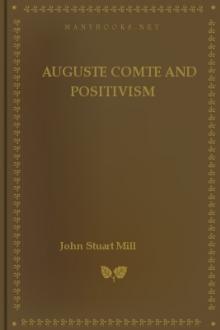
 Free Download
Free Download















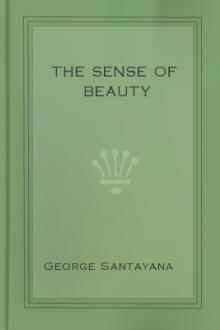
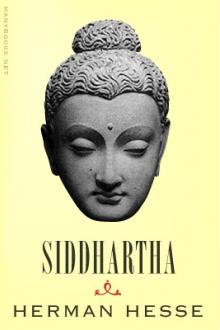
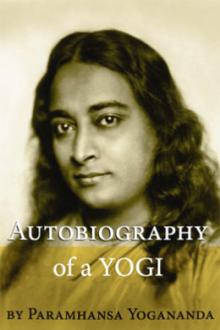
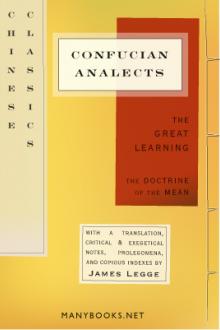
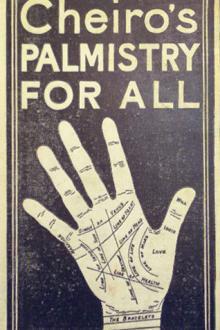
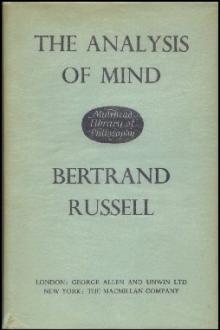
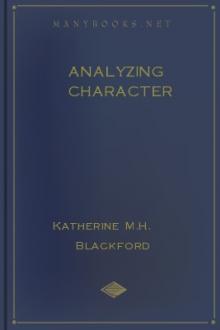

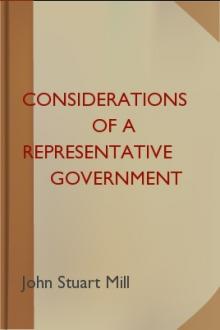

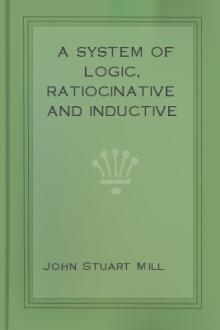
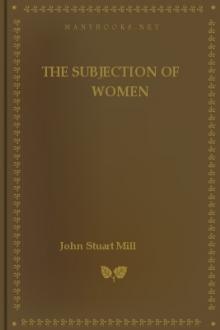
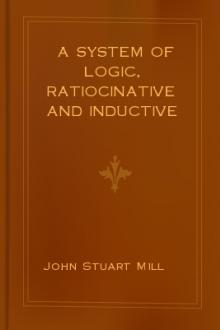
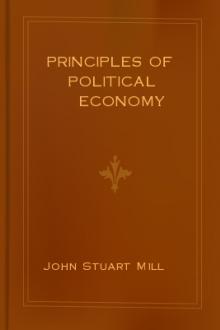
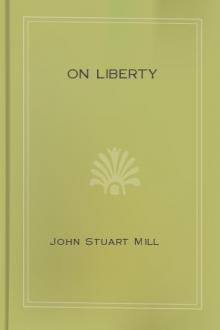
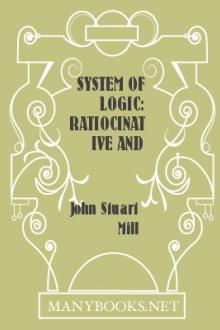


-itok=vcKIB5v1.jpg)